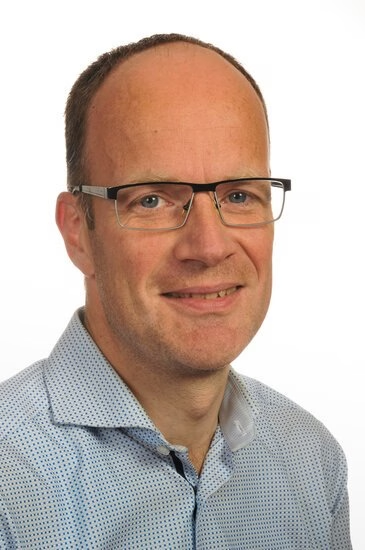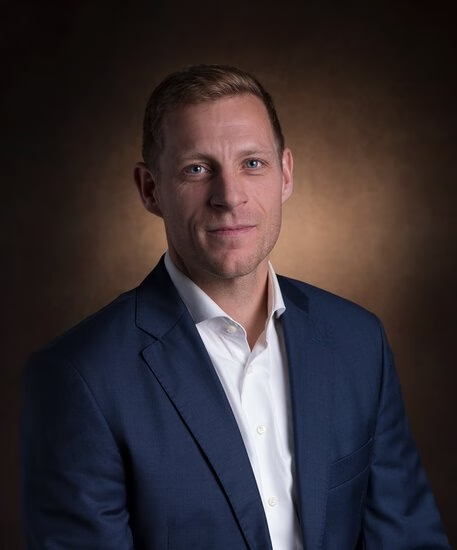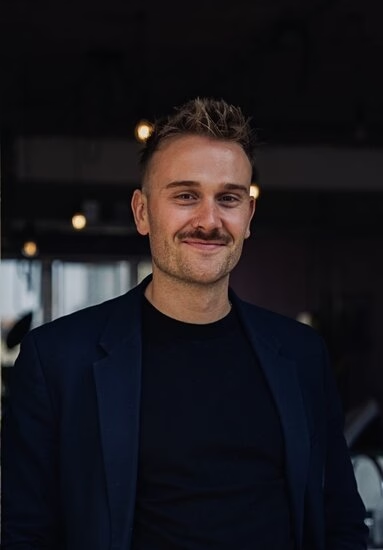Erasmus University Rotterdam is dedicated to have a positive impact on climate and ecosystems as an organization, through its education, research and business operations. This commitment also applies to the partnerships of Erasmus University. The Committee of Experts regarding the Fossil Industry was established to provide guidance on partnerships with organizations that have a major impact on climate and ecosystems, with positive impact on climate and ecosystems as an explicit starting point. On this page, you will find all information about the committee and its recommendations on how to make informed choices for collaborations with the fossil industry.
Assignment Committee of Experts
In March 2024, the Committee of Experts was asked by the Executive Board of Erasmus University Rotterdam (EUR) to advise on guidelines for collaborations with parties that are part of or affiliated with the fossil sector. The primary objectives were to uphold academic freedom while also promoting divestment from fossil fuels. The guidelines should further be clear and easy to use in research, teaching and other forms of collaboration and involvement.
The Executive Board's assignment to the Committee was based on the outcomes of several sustainability dialogues within EUR during 2023-2024. In these dialogues an overarching objective was widely endorsed: our education and research must not harm the climate and ecosystems and must strive to create as high a positive impact as possible.
06 May 2025
Advice Committee of Experts: implementation of Review and Assessment Framework
The Committee of Experts recommends the Executive Board to adopt and implement a review and assessment framework. The Committee further recommends that this framework should be applied to all activities within the university, including research, teaching and other forms of collaboration. This review and assessment framework consists of two components: a partner test and a project-level assessment.
1. Partner test
The Committee recommends a so-called partner test that tests whether (potential) collaboration partners meet the defined 'moral minimum'. This minimum is future-oriented and reviews whether a partner is committed to the goals of the Paris Climate Agreement and is moving towards them in practice. This test is a practical translation of the assignment of the Executive Board to arrive at a criterion for a demonstrable and credible policy for reducing fossil fuel investments. It also reviews whether a partner is not actively obstructing policy and regulations in this area. Independent sources of information are available to verify compliance and these are regularly updated.
2. Project-level assessment
If the partner test shows that the (potential) collaboration partner meets the “moral minimum,” then we can proceed to assessment at the project level. In this step, the goal and the project activities to be carried out are assessed, with the minimum requirement being that the project has no negative effects on climate or living environment. In addition, a balanced cooperation relationship must be ensured and dual use and greenwashing based on (the results of) the project or cooperation must be avoided.
Elaboration of the review and assessment framework
The Committee recommends against collaborating with partners who do not meet the moral minimum. If a partner does meet the moral minimum, but the specific project cannot be assessed positively, it is advised not to enter into the collaboration. For existing collaborations, it is recommended to complete short-term collaborations (of one year or less) and to review long-term collaborations. In doing so, the partner and the specific project must comply with the review and assessment framework when revised.
The Committee emphasizes the importance of monitoring how this framework works in practice in the coming period - after the review and assessment framework has been adopted - and where possible to develop it further. The Committee also recommends that discussions with partners in or affiliated with the fossil sector be continued.
See the Review and Assessment Framework (see downloads below) for the elaboration of this advice and the underlying considerations.
Development of advice
The committee took its time to obtain extensive information, gather input in many different ways, and discuss the content and scope of the advisory report in depth. Experiences from other institutions with guidelines for cooperation with the fossil sector were collected, an expert consultation was organized and internal input was collected from various bodies.
Composition of the Committee
After the presentation of this opinion, the Committee was dissolved. The Committee consisted of eight members and were all selected on the basis of their individual expertise. The committee members did not represent specific interest groups, but served in a personal capacity. The different disciplinary backgrounds and knowledge of the committee members contributed to a balanced advice to the Executive Board that brought together different perspectives.
Downloads
The Committee’s official advice is in Dutch. This English translation of the original is provided for convenience only. In case of any inconsistency between the Dutch version and this translation in English the Dutch version shall prevail.
Fossil Industry Committee members
 Prof. Arwin van Buuren
Prof. Arwin van BuurenStrategic Dean for Impact & Engagement at EUR
 Dr Bas Karreman
Dr Bas KarremanDirector of Engagement at the Erasmus School of Economics
 Dr Michiel Besters
Dr Michiel BestersERS
 Prof. Liesbeth Enneking
Prof. Liesbeth EnnekingESL
 Dr Constanze Binder
Dr Constanze BinderESPhil
 Prof. Dirk Schoenmaker
Prof. Dirk SchoenmakerRSM
 Max Wagenaar MSc
Max Wagenaar MScMember of the U Council
 Prof. Behnam Taebi
Prof. Behnam TaebiExternal expert at TU Delft
